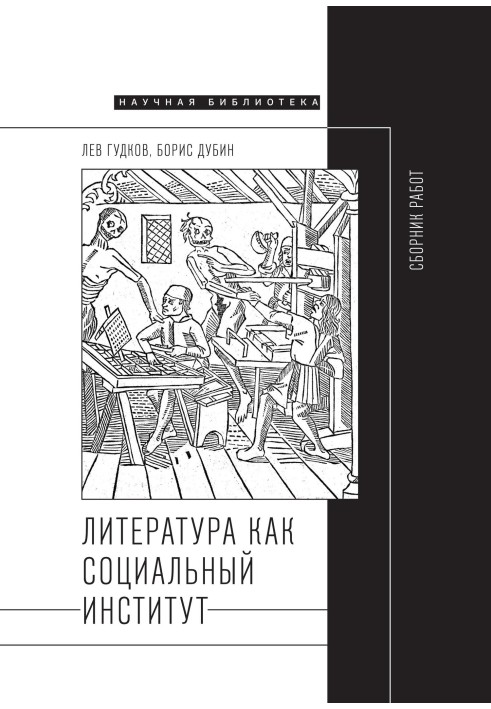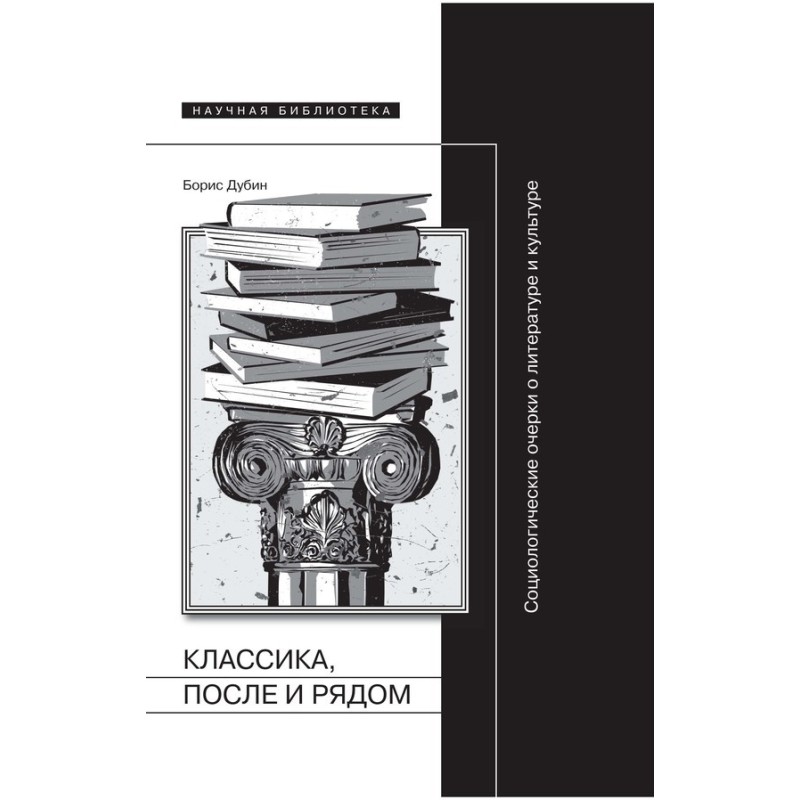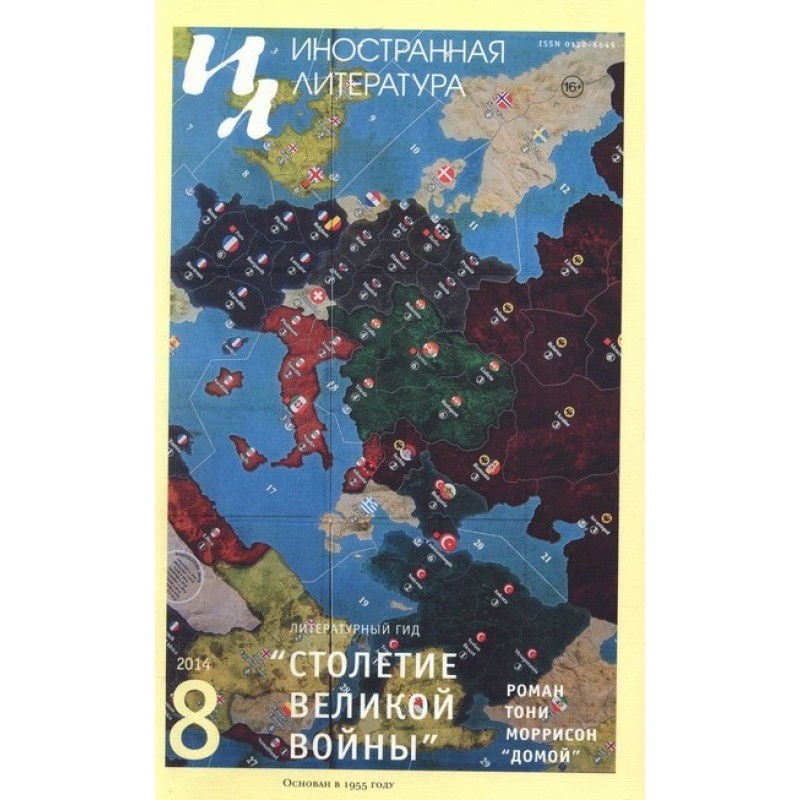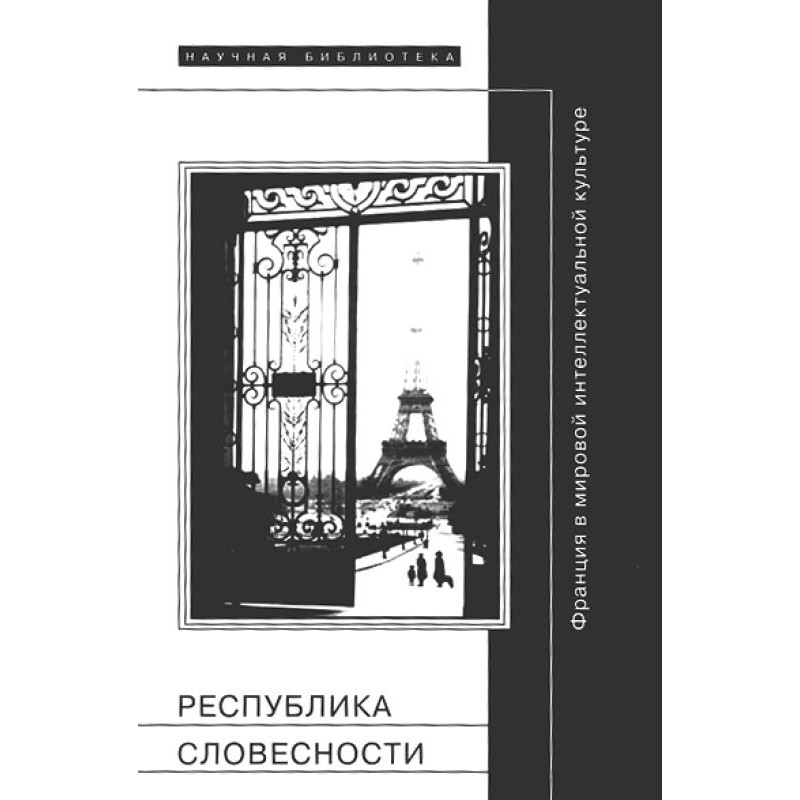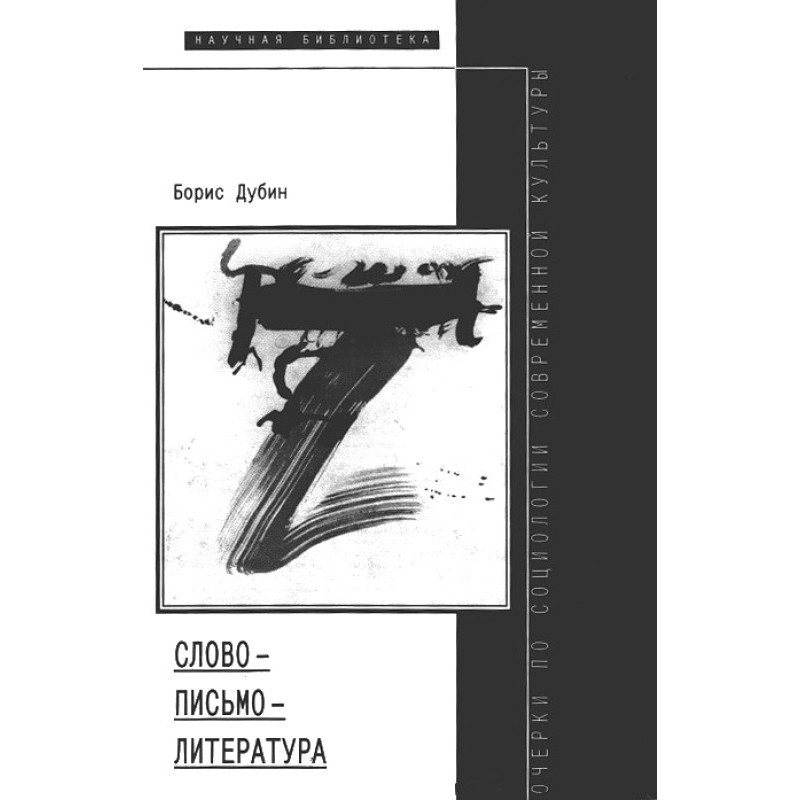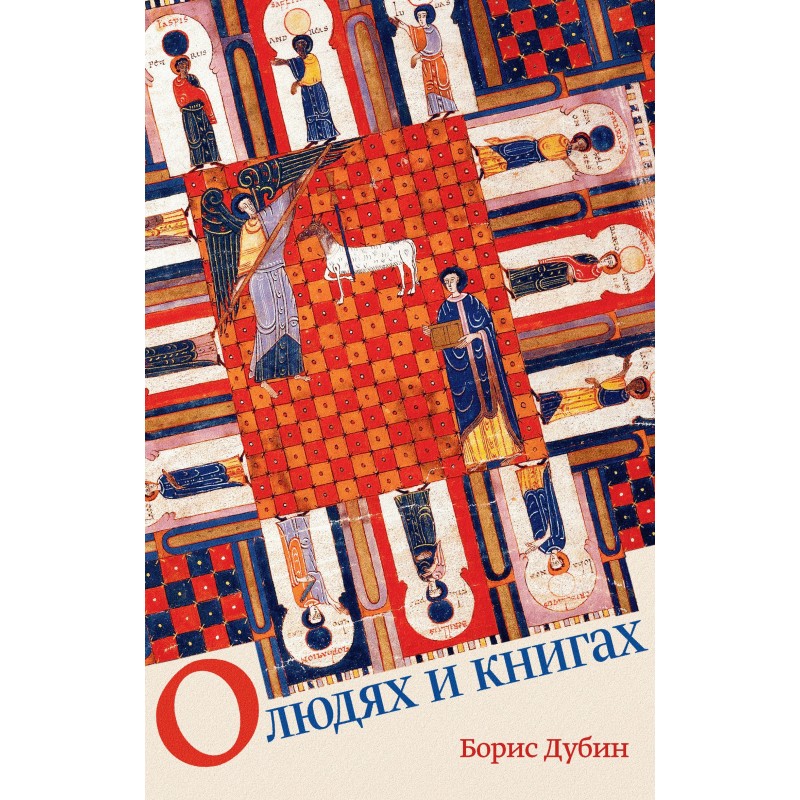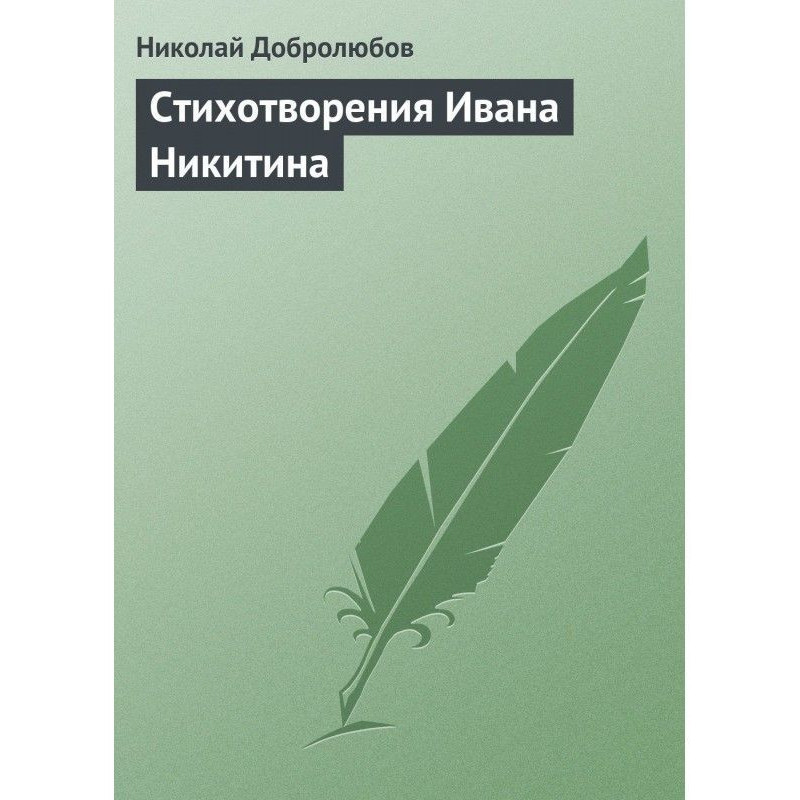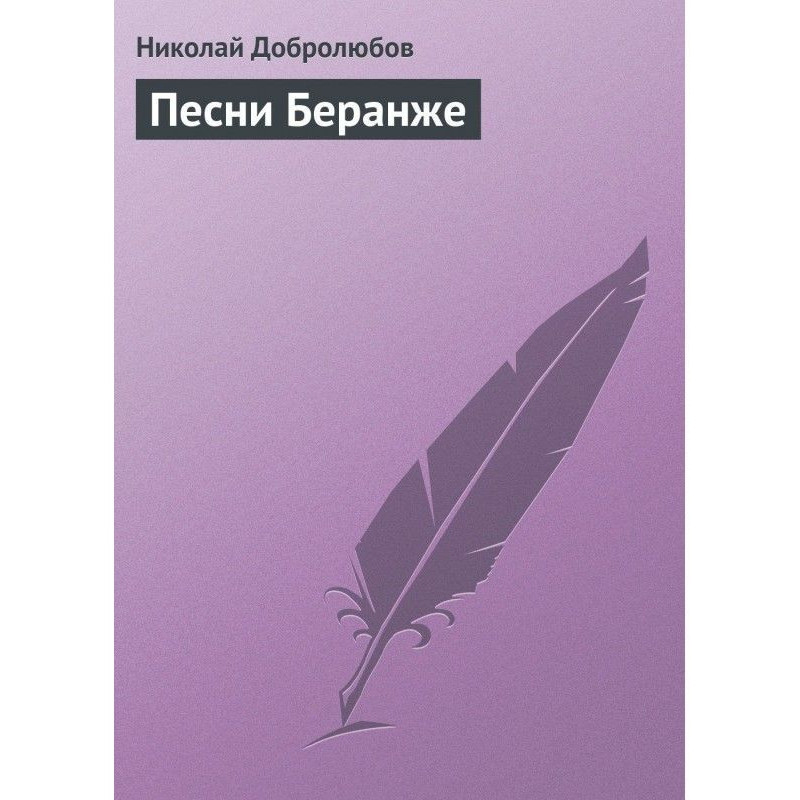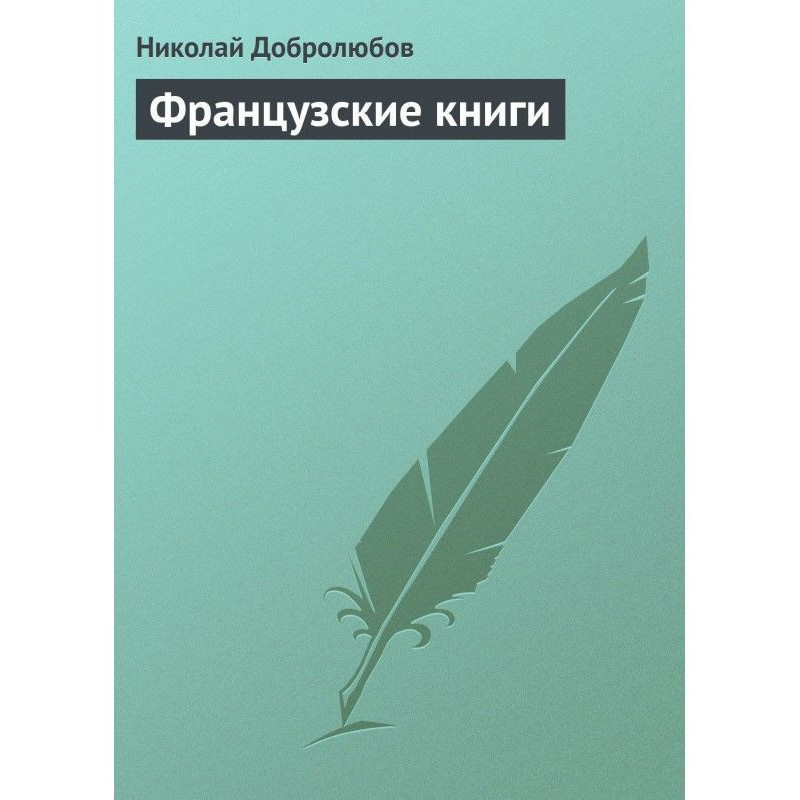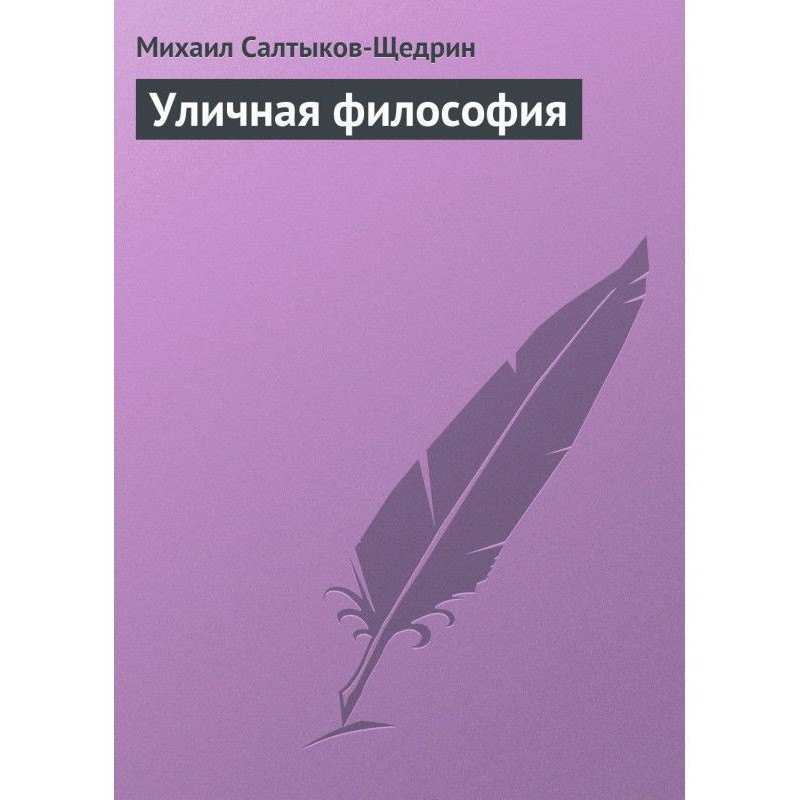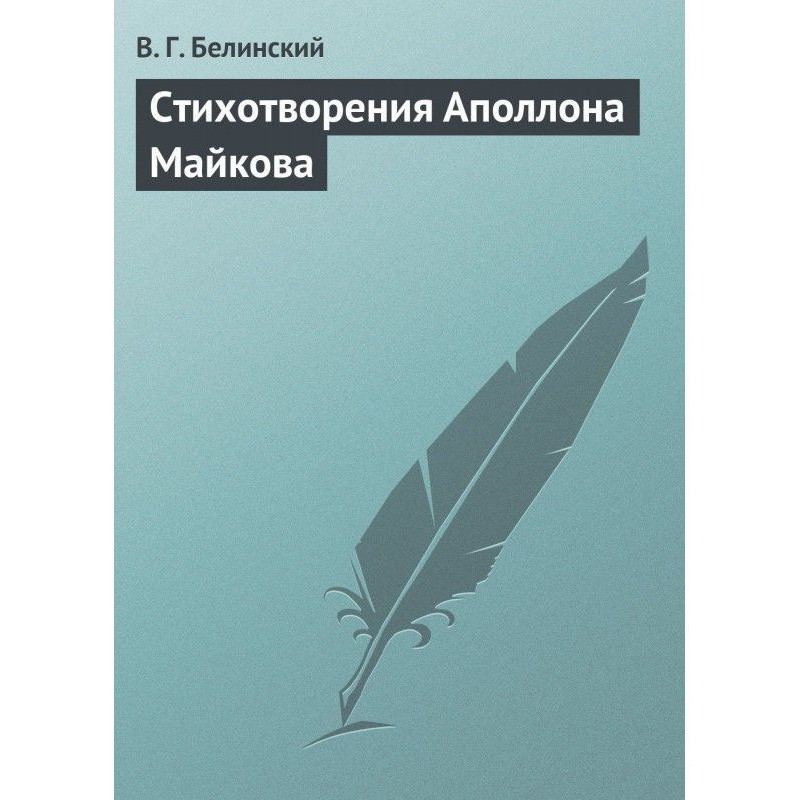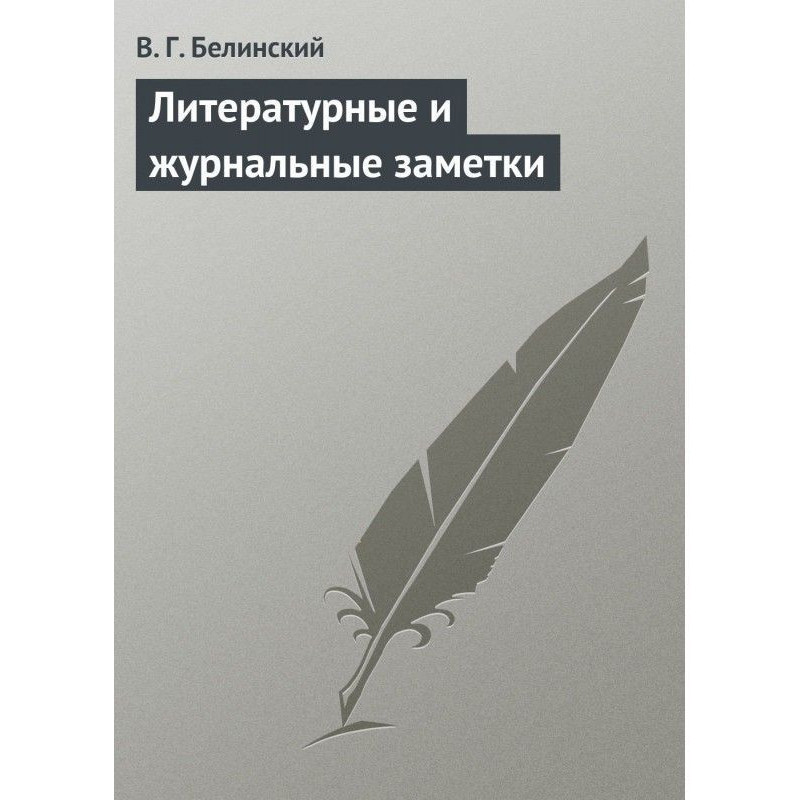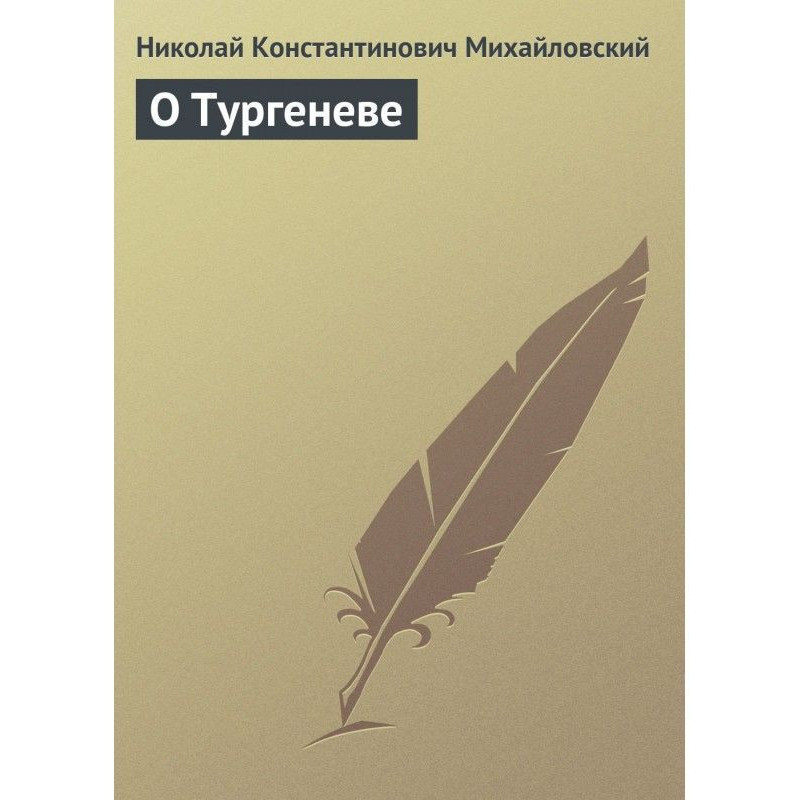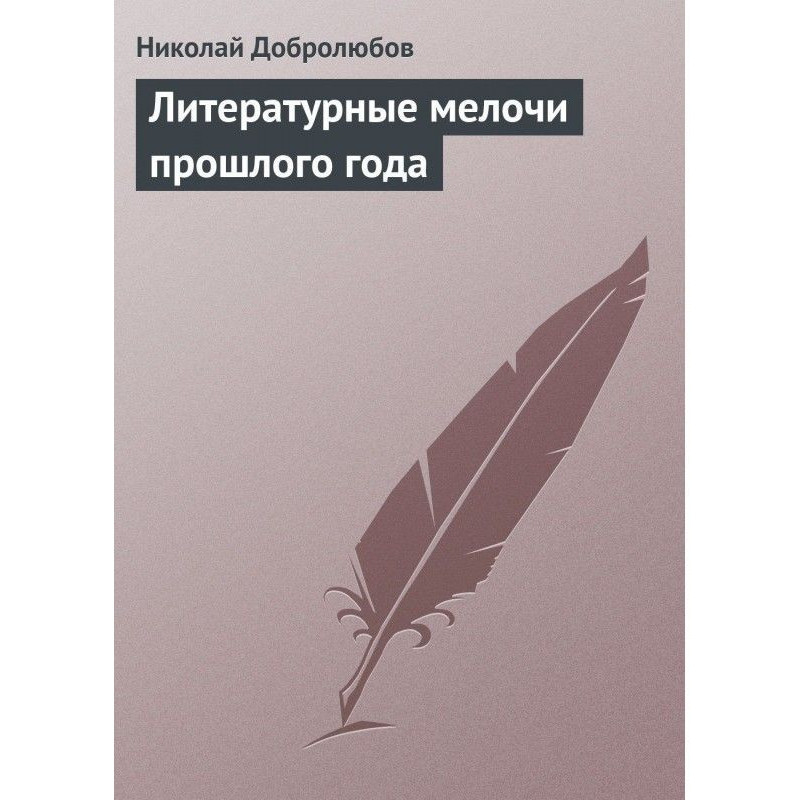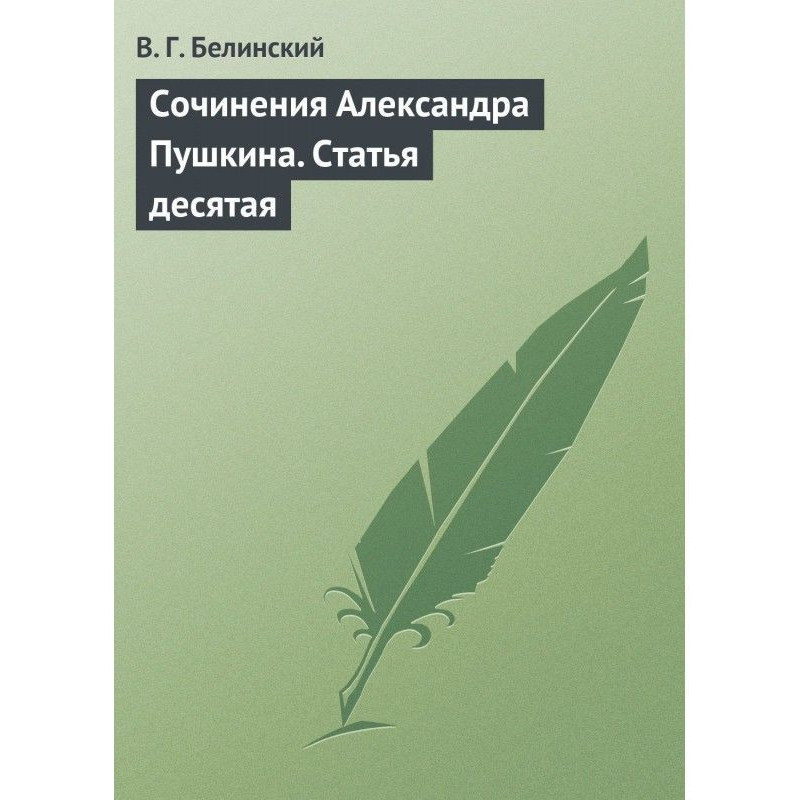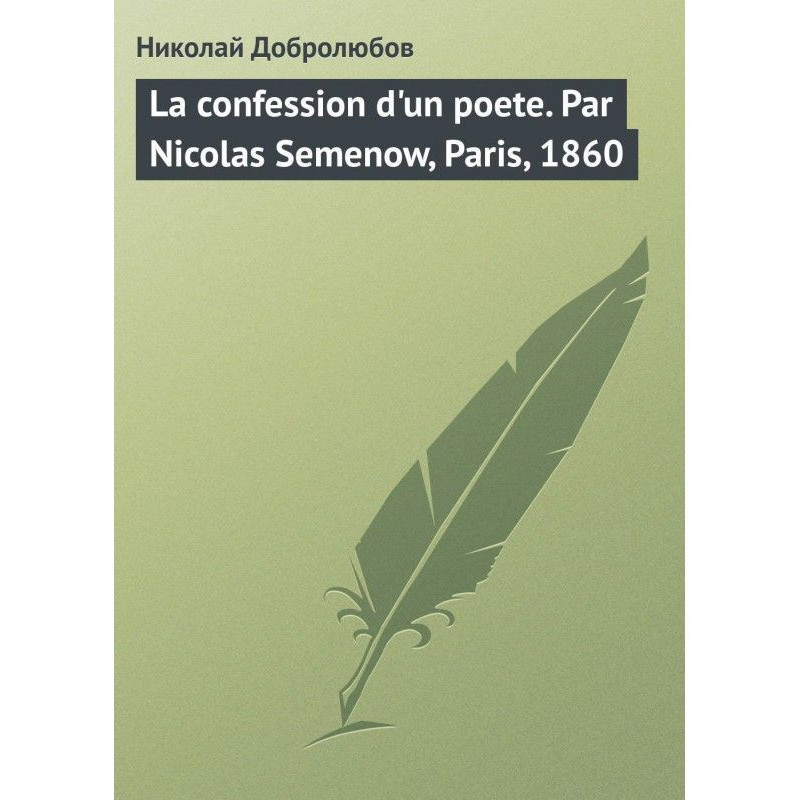Literature as a Social Institution: Collection of Works
 Instant download
Instant download
after payment (24/7)
 Wide range of formats
Wide range of formats
(for all gadgets)
 Full book
Full book
(including for Apple and Android)
“Literature as a Social Institution” is almost the same age as independent humanities in Russia and one of the first books by the UFO publishing house. Over the course of many years, its authors, sociologists Lev Gudkov and Boris Dubin (1946–2014), sought to develop new approaches that would allow them to embrace the institution of literature as a whole, to explain how people build their reading circle and what social processes are associated with their choice. In their innovative and still relevant study, the scientists continued to explore the problematic map of the sociology of literature, introducing this discipline into the scientific context of Russia in the mid-1990s. The reader of the book will become acquainted with the history of the concepts of “literature” and “novel”, with the formation of fiction as an institution and the identification within its framework of classics, avant-garde and mass literature, which are in a relationship of mutual repulsion and mutual influence. The authors trace the complex and often conflicting relationships between writers, publishers, booksellers, literary critics, readers and teachers, analyze the role of magazines in the literary process, and study the influence of the book’s image on the readership. The new edition is supplemented by a number of related articles by authors and a foreword by L. Gudkov with reflections on the significance of this project.
Data sheet
- Name of the Author
- Борис Дубин Владимирович
Лев Гудков Дмитриевич - Language
- Ukrainian
- Release date
- 2020
Reviews
Важливий внесок у розуміння літератури як соціального явища
Книга «Література як соціальний інститут» є справжнім відкриттям для всіх, хто цікавиться літературою в контексті соціології. Лев Гудков і Борис Дубін вдало поєднали свої знання, щоб створити комплексний аналіз літератури як інституту, що впливає на суспільство. Автори детально досліджують, як література формує читацькі кола, а також які соціальні процеси стоять за вибором книг. Це видання не лише розширює знання про літературу, але й пропонує нові підходи до її вивчення. Особливо вражає аналіз взаємозв'язків між різними учасниками літературного процесу: письменниками, видавцями, критиками та читачами. Хоча переклад тексту має деякі недоліки, загальна якість викладу та глибина дослідження роблять цю книгу важливим джерелом для науковців і всіх, хто прагне зрозуміти роль літератури в сучасному суспільстві. Рекомендую всім, хто хоче заглибитися в цю тему!

